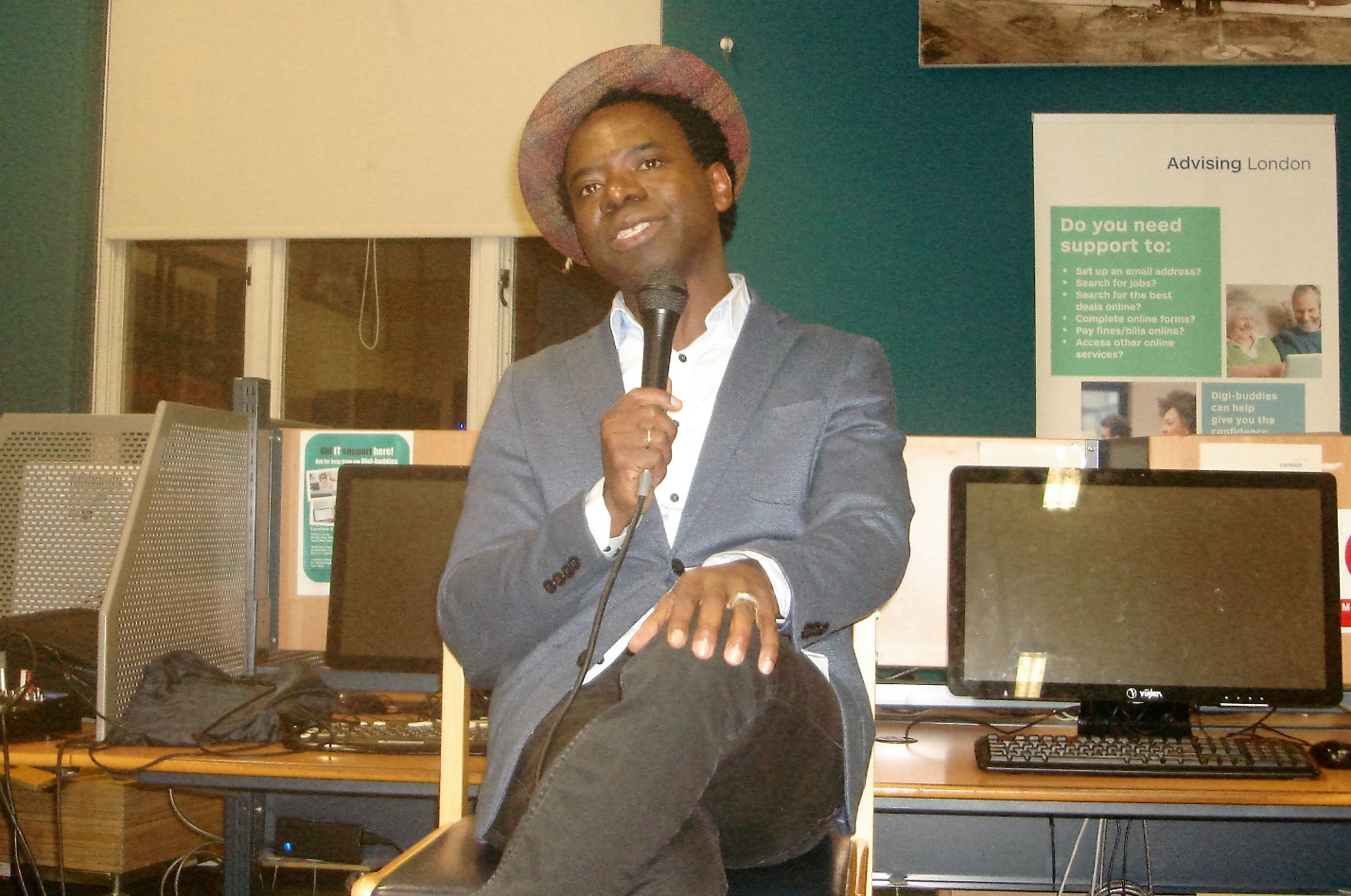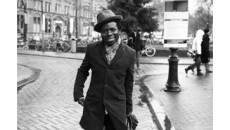It was an honor to interview Liberian novelist Vamba Sherif in London on Friday, Nov. 4, during the UK launch of the English translation of his first novel written in Dutch, Land of My Fathers.
Land of My Fathers is a beautifully rendered fictional account of Liberia’s founding, a revisionist history of convergence and cooperation as much as it is about divergence and contestation.
Rather than reproduce historical tropes we’ve come to know and accept about the indigenous-settler divide in Liberia, Sherif offers up an alternative reading of that encounter through the characters of Halay and Edward, two men who represent Liberia’s dual heritage: African and American.
Sherif takes on big issues in this book—power, ritual, homecoming, reunion, integration, and love. He pays homage to the ancient Poro and Sande societies of social organization as much as he honors the folktales of the enslaved in America.
Migration, exile, and belonging are overarching themes, as they seem to be in all of his novels, inspired by Sherif’s own experiences of fleeing conflict in Liberia, Kuwait, and Syria before settling in the Netherlands where he currently lives with his wife and three children.
Ultimately, Land of My Fathers is a didactic tale about the dangers of war and its tragic consequences: “War changes everything. It makes orphans of people,†says a character in the book.
During remarks at the Brixton Library in London, Sherif reminded the audience that “we [Liberians] are not warmongers†and conflict does not define us or our history. He dedicates Land of My Fathers to “the people of Liberia, the victims and the survivors of the war. May we remember.â€
With this novel, Vamba is firmly cemented in Liberia’s contemporary literary canon.
Featured photo by HopeRoad Publishing


